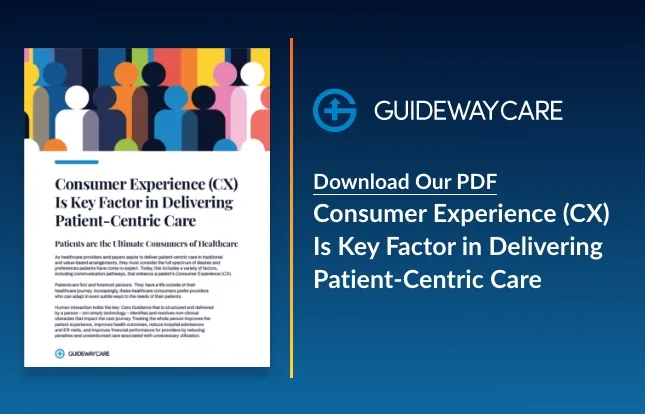4 Benefits Of Behavioral Health Partnership for Hospital Performance

Behavioral health has become an essential focus for hospitals in recent years. Patient health increasingly depends on tackling mental health issues and physical ailments, making collaboration between hospitals and mental healthcare providers a necessary part of improving care. For example, a patient navigation tool in oncology value-based care models can help ensure that behavioral health services are integrated into the patient’s care plan. These include screening and assessment, treatment plans, individual and family counseling, ongoing care coordination, and more.
The benefits of a behavioral health partnership for hospitals are tremendous. Here are four key advantages:
1) Improved Clinical Outcomes
When hospitals and behavioral health providers collaborate, they create holistic treatment plans for patients suffering from physical and mental ailments. This ensures that the patient receives comprehensive care that considers all of their needs, leading to improved clinical outcomes.
For example, a team of hospital and behavioral health providers in an oncology setting can work together to create tailored care plans that address medical and emotional needs. This integration of care can help patients get the treatment they need more quickly, resulting in better outcomes. Cancer patients will have improved symptom management and a better overall quality of life.
2) Increased Patient Satisfaction
Collaboration between hospitals and behavioral health providers leads to more efficient treatment plans, often resulting in improved patient satisfaction. Patients are more likely to be satisfied with their care when they feel that their medical team is addressing their needs. For example, when chronic pain patients receive a comprehensive treatment plan that includes both traditional medical and behavioral health elements, their satisfaction with the care is likely higher than if only one aspect of the situation was addressed.
Patient-centered care involves:
• Providing prompt, reliable access to care
• Engaging in meaningful communication with patients and their families
• Understanding the cultural beliefs and values of the patient
• Developing individualized treatment plans
By partnering with behavioral health providers, hospitals can provide more comprehensive care that considers all aspects of the patient’s health and well-being. This helps ensure patients receive the most effective care possible, resulting in improved patient satisfaction.
3) Enhanced Staff Retention
Hospitals with established behavioral health partnerships can better recruit and retain staff members. With access to a team of experts in the field, hospitals can provide more comprehensive training programs and support for their staff members. This can improve job satisfaction, increase organizational loyalty, and employee career growth opportunities. Furthermore, providing access to mental health resources can also help boost morale among hospital staff members by instilling a sense of comfort and trust in their workplace environment.
4) Improved Quality of Care
A behavioral health partnership can help hospitals improve their quality of care. Providing integrated healthcare services allows for better tracking of patient progress and more efficient interventions. This means that patients receive the highest level of care available and can have better outcomes.
Quality care involves:
– Early identification and appropriate referral of patients
– Comprehensive assessment and treatment plans
– Coordination of care among providers
– Follow up and further intervention when needed.
Behavioral healthcare partners like Guideway help hospitals achieve many performance improvements. Our patient navigation and activation platform support hospitals’ behavioral health efforts, enabling them to benefit from having a partner that understands the importance of response time and accuracy.
Contact Us Today To Learn How We Can Help
"*" indicates required fields




